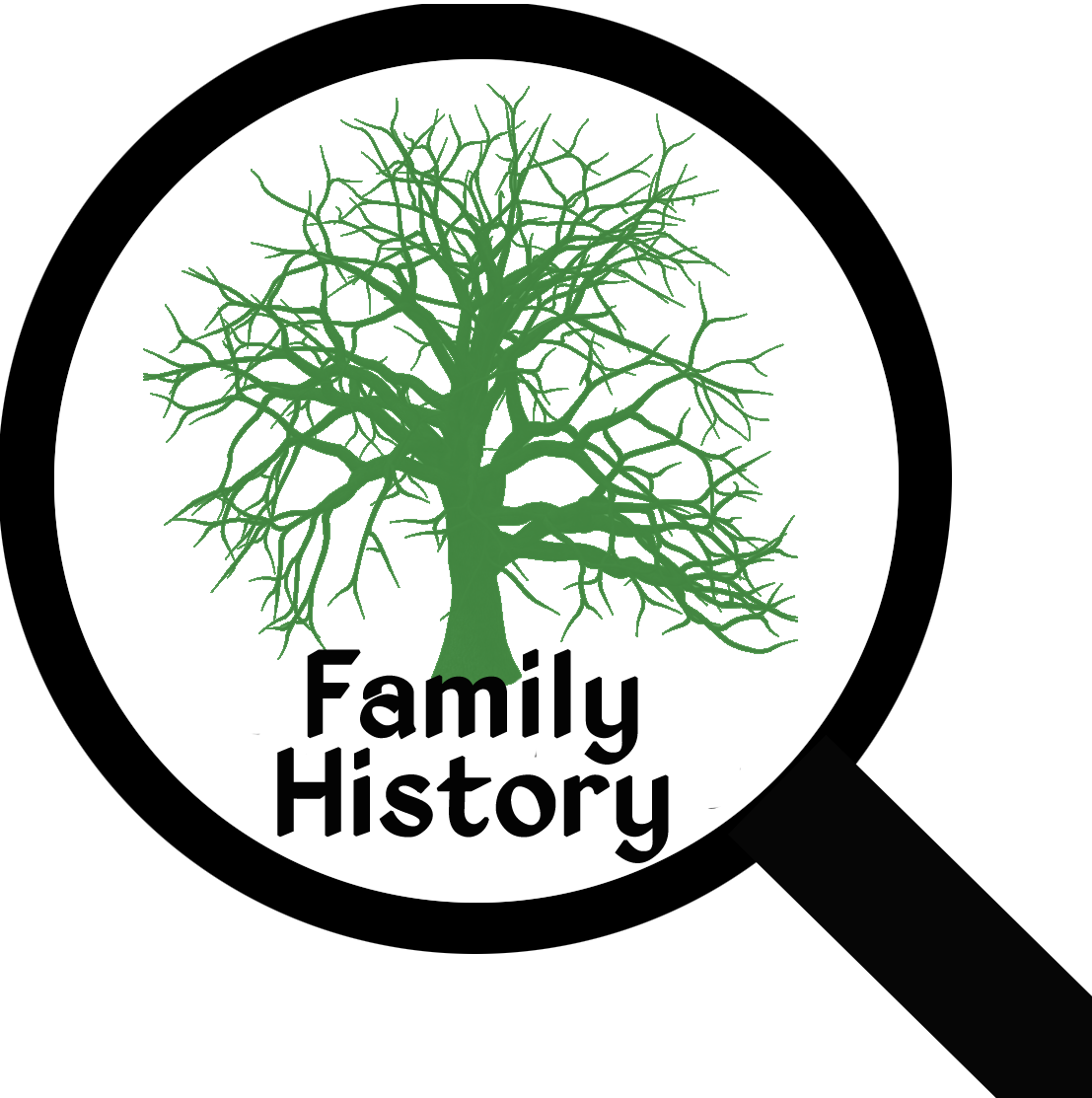I did follow-up phone interviews. “Didn’t you mention once you had a problem with hypertension? May I add that to your card? Did you ever have surgery? How many miscarriages did you have?” I talked with older family members several times, about their health and the medical history of family members who died before I was born. I sent for death certificates and was amazed at all the information I found. I visited cemeteries, checked census records and added new findings including dates of death. I listened to new medical stories and continued to talk with elders about medical history. I recorded it all and, frankly, had no idea what to make of it. Bunions here, congestive heart failure there, lung cancer and hypertension. What information was important and what wasn’t? If I produced a family medical tree should I include family secrets? Every family has them. Alcoholism, suicide, depression, even obesity might offend someone. The biggest problem, however, was how to see through all the data to the patterns that existed. I tried using a traditional tree form to record data in boxes. All I got was a messy form. I tried a computer program. All the data was there, but it was in bits and pieces. In desperation I organized a card system and designed the Deck of Life. One card for each member of the family, with physical problems catalogued on the front and behavioral or environmental problems on the back. I scoured medical books to create a medical condition category list that grouped like-illnesses. Finally I started to see related problems. It still took time to read each card and try to remember one relative’s conditions from the next. Finally, I used crayons to color code by medical categories! My tree had life! I used yellow for drug sensitivities and noticed that at least one person in each generation had a very negative reaction to medications, sometimes to the point of death. My grandmother underwent a successful surgical procedure, but died from the anesthesia. Sound familiar? She was being taken to the morgue when they realized she was still alive. Her son died at age five from a flu medication. My mother came close to death from a blood pressure medication. I found my genetic vulnerability. I summarized my information and made a copy for my family and one for my doctor. The next time I had surgery, there were two anesthesiologists in attendance and special equipment. I didn’t die, and I’m going to make sure my children don’t die by accident or ignorance. The Deck of Life grew into Growing Your Family Medical Tree, a self-help kit that teaches how to research your medical past and take charge of your medical present. History does repeat itself. Genes pass from one generation to the next. A medical legacy is one of the best that we can leave our families. Help new generations be aware of medical patterns they may encounter. Teach them to take charge of their health in a proactive way.




